As businesses navigate an increasingly digital world, the demand for flexible, cost-effective, and secure IT solutions has skyrocketed. Hybrid cloud, a technology model combining public and private cloud infrastructures, offers the best of both worlds. It gives businesses the freedom to optimize workloads, scale operations, and enhance security, all while maintaining better control over their data.
In this blog, we explore the hybrid cloud benefits that make it an essential tool for businesses aiming to stay competitive. Whether you are a small business or a global enterprise, understanding the potential of hybrid cloud could redefine how you manage your operations.
1. Flexibility and Scalability
In a world where market demands can change overnight, businesses relying solely on static IT infrastructure often find it difficult to keep up. This is where hybrid cloud shines, offering unparalleled flexibility and scalability to adapt to real-time needs. By seamlessly balancing public and private cloud environments, hybrid cloud empowers organizations to allocate resources efficiently and respond to fluctuating workloads with ease.
Public cloud services, such as Microsoft Azure and Amazon Web Services, offer virtually limitless capacity, making them ideal for handling traffic surges during peak periods. For example, during a holiday shopping season or a major product launch, a company can temporarily scale up its public cloud usage to manage increased demand, then reduce usage when operations return to normal. This on-demand scalability eliminates the need for costly investments in additional hardware that may sit idle for much of the year.
Meanwhile, private clouds provide secure environments for storing sensitive data, such as customer information or financial records. This dual approach allows businesses to fine-tune their IT infrastructure to meet specific operational needs. Notably, IBM research shows that companies adopting hybrid cloud experience a 2.5x increase in operational value compared to those relying solely on public cloud services, demonstrating the strategic advantage of this model.
The ability to quickly adjust resources as needed makes hybrid cloud an indispensable solution for businesses operating in today’s unpredictable markets. Flexibility and scalability ensure companies remain agile, competitive, and prepared to meet whatever challenges come their way.

2. Cost Efficiency and Control
When businesses evaluate IT models, cost control is always a top priority. Hybrid cloud benefits organizations by helping them allocate resources where they are most needed, reducing unnecessary expenses.
Cost Optimization
Traditional IT infrastructure often demands large upfront investments, followed by ongoing maintenance costs. In contrast, hybrid cloud uses a pay-as-you-go model for public cloud services. This ensures businesses only pay for the resources they actively use, avoiding overspending on underutilized systems.
For example:
- Temporary projects, such as software development, can use public cloud infrastructure to avoid the high costs of purchasing and maintaining additional hardware.
- Critical workloads, like database management, can remain on private clouds to reduce risks and maintain control.
Capital vs. Operational Costs
Hybrid cloud enables businesses to manage both capital expenditures (CapEx) and operational expenditures (OpEx) effectively:
- CapEx: Reserved for building and maintaining private cloud infrastructure.
- OpEx: Focused on temporary or scalable workloads that run in public cloud environments.
At OTAVA, we eliminate ingress and egress fees, making it easy for businesses to move data between environments without hidden costs. Research shows that hybrid cloud models can save companies up to 30% on IT infrastructure costs, making it an essential strategy for controlling expenses.

3. Enhanced Security and Compliance
Security is a growing concern for businesses in every sector, particularly those handling sensitive data. According to recent research, 59% of organizations report that their cloud initiatives have enhanced data security and improved disaster recovery times.
Additionally, more than half of these businesses have experienced better application performance and feel more prepared to scale their operations effectively. Hybrid cloud combines the best of private and public environments to create a secure and compliant IT framework.
Hybrid Cloud Security
One of the standout benefits of a hybrid cloud is its ability to protect data while maintaining operational efficiency. Organizations can store critical information, such as healthcare records or financial transactions, in private clouds where they have full control. Less sensitive tasks, like running analytics, can be processed in public clouds with encryption and secure access protocols.
Compliance Capabilities
Compliance is critical in industries such as healthcare, finance, and government. At OTAVA, we prioritize adherence to global standards, including HIPAA, PCI-DSS, ISO 27001, and SOC 1-3 certifications. These measures allow businesses to meet regulatory requirements while remaining agile.
For instance, a multinational organization may need to comply with data sovereignty laws that require local storage of customer information. A hybrid cloud makes this possible by storing sensitive data in private clouds located within specific regions while still leveraging the computational power of public clouds for global analytics.
4. Business Continuity and Disaster Recovery
Downtime can be disastrous for any business, especially when it impacts customer experience or critical operations. A hybrid cloud offers resilience by supporting business continuity and disaster recovery strategies.
Built-In Resilience
With a hybrid cloud, businesses can replicate workloads in cloud environments, ensuring data is accessible even during outages. This is particularly valuable for industries such as e-commerce, where any downtime can result in lost revenue and damaged brand reputation.
Disaster Recovery Tools
At OTAVA, we integrate VMware and Veeam to simplify disaster recovery processes. These tools allow businesses to back up data off-site, enabling fast recovery in the event of hardware failures or cyberattacks. For example, a financial institution can switch to cloud backups if its on-premises systems are compromised, ensuring continued access to critical services.

5. Control, Agility, and Innovation
A hybrid cloud enables businesses to maintain control over their IT environments while driving agility and innovation. This balance helps organizations stay competitive in an ever-changing landscape.
Innovation Insight
IBM research indicates that hybrid cloud adoption, when paired with digital transformation efforts, can deliver up to a 20x increase in business value. This underscores the model’s potential to empower companies to innovate and remain relevant in competitive markets.
Greater Control Over IT Environments
With a hybrid cloud, companies can decide where specific workloads run based on their unique needs. Mission-critical applications, such as financial reporting systems, can stay on private clouds for maximum control. At the same time, less critical processes, such as website hosting, can utilize public cloud infrastructure to save costs.
Agility for Digital Transformation
Hybrid cloud is a key enabler of digital transformation. It allows businesses to modernize legacy systems while integrating new technologies like artificial intelligence and machine learning. Development teams can use hybrid environments to test and deploy applications quickly, fostering innovation without disrupting operations.
Discover OTAVA’s Hybrid Cloud Solutions
The hybrid cloud benefits discussed in this blog—flexibility, cost efficiency, security, business continuity, and innovation—underscore its role as a transformative tool for modern businesses. By balancing public and private cloud environments, organizations can optimize their operations, enhance resilience, and unlock new opportunities for growth.
At OTAVA, we are dedicated to helping businesses achieve their goals through secure, compliant, and customizable hybrid cloud solutions. Whether you are looking to scale efficiently, safeguard your data, or accelerate innovation, we have the tools and expertise to support you.
Take the next step in your journey toward agility and resilience. Contact OTAVA today to discover how our hybrid cloud solutions can transform your business.


